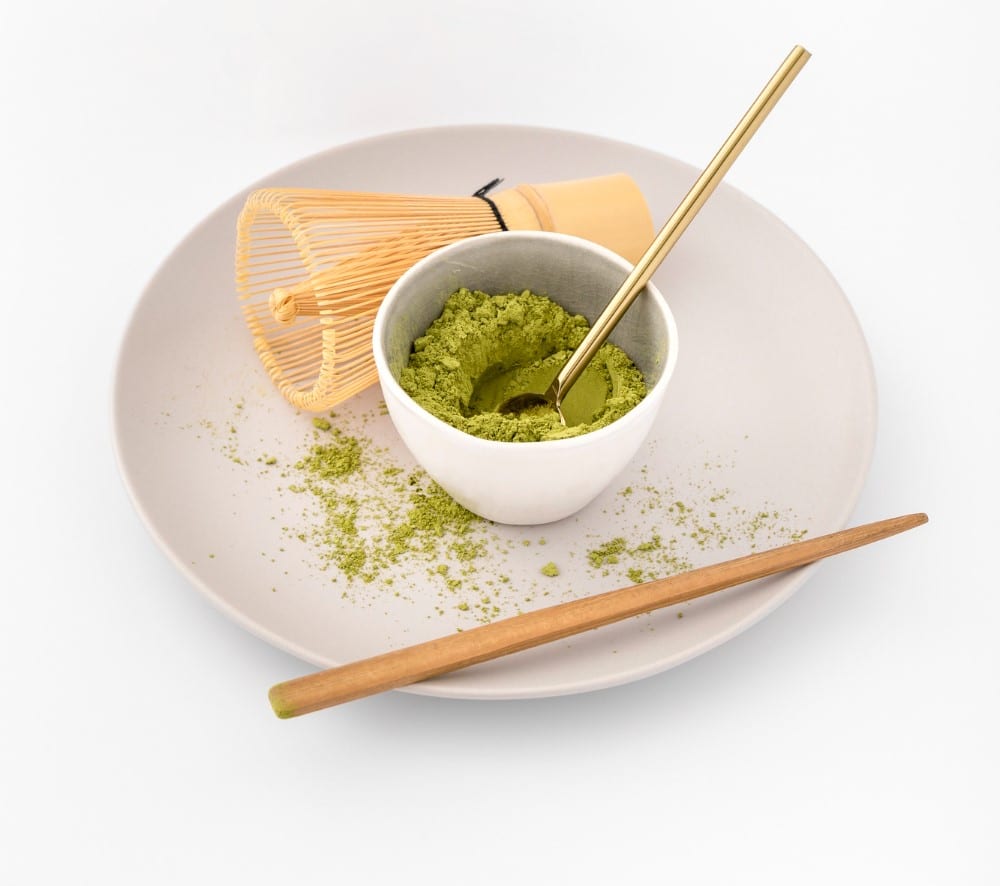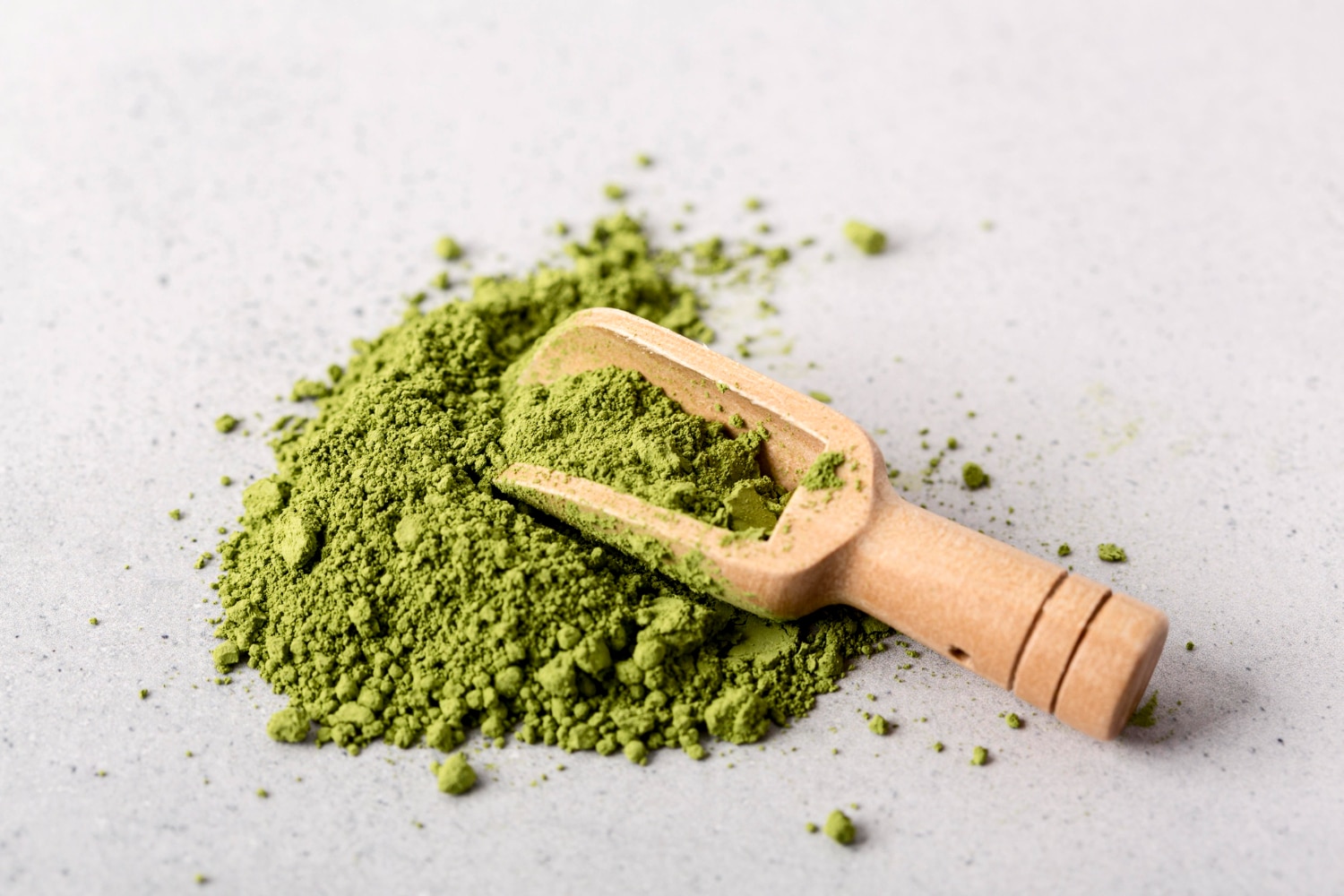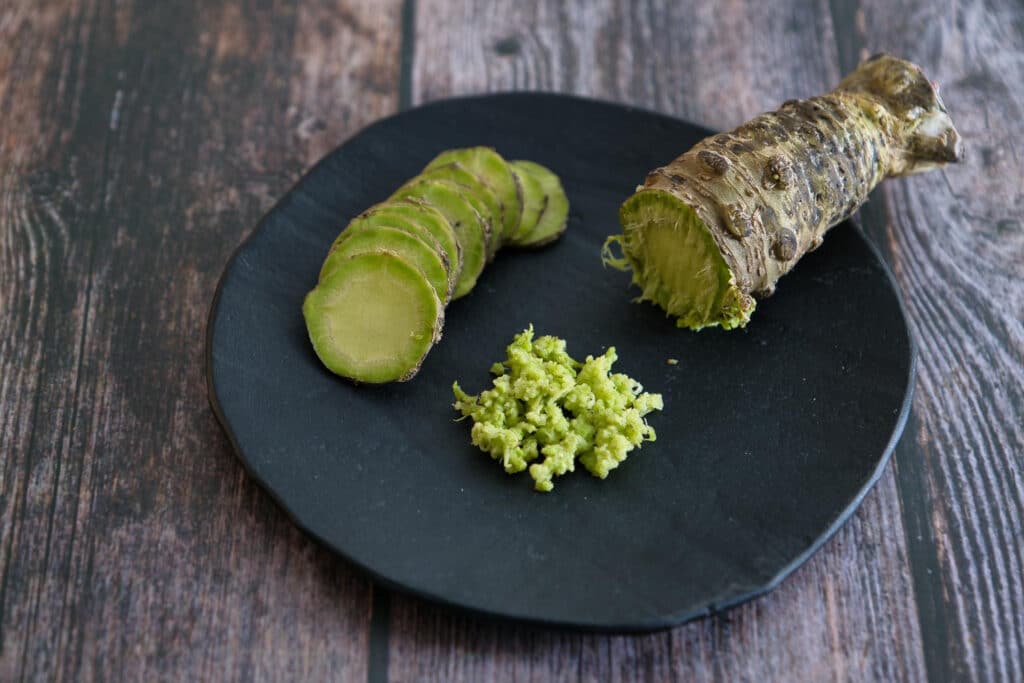Wasabi is a popular condiment that is often served with sushi and sashimi. It is made from the rhizome of the Wasabia, which is native to Japan. The reason why does wasabi hurt is, that it has a strong and pungent flavour caused by a compound called allyl isothiocyanate (AITC).
Why Does Wasabi Hurt?
To understand this, you have to know how wasabi works. When wasabi is grated or chewed, the cells in the rhizome are ruptured and release AITC. AITC is a volatile compound, which means that it easily evaporates. When AITC vapours come into contact with the nasal passages, they trigger a nerve response that causes the familiar nose-tingling burn.
AITC is also responsible for the flavour of wasabi. It has a sharp, pungent taste that is similar to mustard. However, the heat of wasabi is different from the heat of chilli peppers. Capsaicin, the compound that makes chilli peppers hot, activates a receptor on the tongue that causes a burning sensation. AITC, on the other hand, activates a receptor in the nose that causes the nose-tingling burn.
What Is Isothiocyanate?
Isothiocyanates are a group of organic compounds that are found in many plants, including horseradish, wasabi, and broccoli. They have a pungent flavour and are known for their health benefits. Isothiocyanates have been shown to have anti-cancer, anti-inflammatory, and antioxidant properties. They may also help to boost the immune system and improve digestion.
Allyl isothiocyanate (AITC) is generally safe for most people. However, it can irritate the skin, eyes, and respiratory tract. It is also important to note that AITC can interact with certain medications, so it is important to talk to your doctor before consuming AITC if you are taking any medications.
Is Wasabi Good For Health?

Wasabi is a good source of vitamins and minerals, including vitamin C, potassium, and manganese. It also retains antioxidants, which can support to safeguard the body from harm caused by free radicals.
Some studies have shown that wasabi may have health benefits, such as:
- Reducing inflammation
- Boosting the immune system
- Protecting against cancer
- Improving digestion
However, further research is needed to authenticate these benefits.
Is Wasabi Spicy Good For You?
The heat of wasabi is caused by AITC, which is a volatile compound that evaporates quickly. This means that the heat of wasabi is short-lived and does not cause any lasting damage to the body. Some studies have shown that AITC may have some health benefits, such as reducing inflammation and boosting the immune system.
How To Eat Wasabi Without Burning?
Wasabi can be quite spicy, so it is important to eat it in moderation. Here are a few tips to help you enjoy wasabi without burning your mouth or nose:
- Start with a small amount of wasabi and increase the amount to taste.
- Wasabi is often served with soy sauce. You can mix the wasabi into the soy sauce to dilute the heat.
- You can also eat wasabi with pickled ginger, which can help to cleanse the palate and reduce the heat.
- If you do get a wasabi burn, drink a glass of milk or eat a piece of bread to help reduce the burn.
How To Stop Wasabi Hurt?
Wasabi burn is usually mild and goes away on its own within a few minutes. However, if you eat too much wasabi or if the burn is severe and does not go away, you can try the following remedies:
- Drink a glass of milk or take a piece of bread. The protein in milk and the carbohydrates in bread can help to bind to AITC and reduce the burn.
- Rinse your mouth with cold water.
- Apply a cold compress to your mouth and nose.
- Stay away from eating or drinking anything hot or spicy.
- If the burn is severe, you may want to see a doctor.
Does Wasabi Help Clear Sinuses?

Wasabi is sometimes used as a natural remedy for sinus congestion. AITC has antibacterial and antimicrobial properties, which may help to clear up sinus infections. However, more research is needed to confirm the effectiveness of wasabi for sinus congestion.
However, you must know difference between wasabi and horse raddish. Horseradish is a root vegetable that is associated with wasabi. It has a similar strong, pungent flavour and is also known for its heat. The heat of horseradish is also caused by AITC, the same compound that is responsible for the heat of wasabi. When horseradish is grated or chewed, the cells in the root are ruptured and release AITC. AITC vapours then travel up the nasal passages.
Does Wasabi Hurt Your Brain?
AITC has been shown to have some effects on the brain. For example, one study showed that AITC can improve memory and learning in mice. Another study showed that AITC can protect the brain from damage caused by stroke. However, more research is needed to understand the effects of AITC on the human brain.
How To Eat Wasabi Peas Without Burning?
Wasabi peas are a popular snack food that is made with peas that have been coated in a wasabi-flavored powder. Wasabi peas can be quite spicy, so it is important to eat them in moderation. Here are a few tips to help you enjoy wasabi peas without burning your mouth or nose:
- Start with a small amount of wasabi peas and increase the amount to taste.
- Wasabi peas are often served with soy sauce. You can mix the wasabi peas into the soy sauce to dilute the heat.
- You can also eat wasabi peas with pickled ginger, which can help to cleanse the palate and reduce the heat.
- If you do get a wasabi burn, drink a glass of milk or take a piece of bread to help reduce the burn.
In a nut shell, wasabi is a condiment full of nutrition. It has a strong pungent taste and the reason why does wasabi hurt is because of its compound called AITC. Incuding wasabi in your diet, can bring many health benefits. It also clears your sinuses and helps your digestive system to stay on track.



